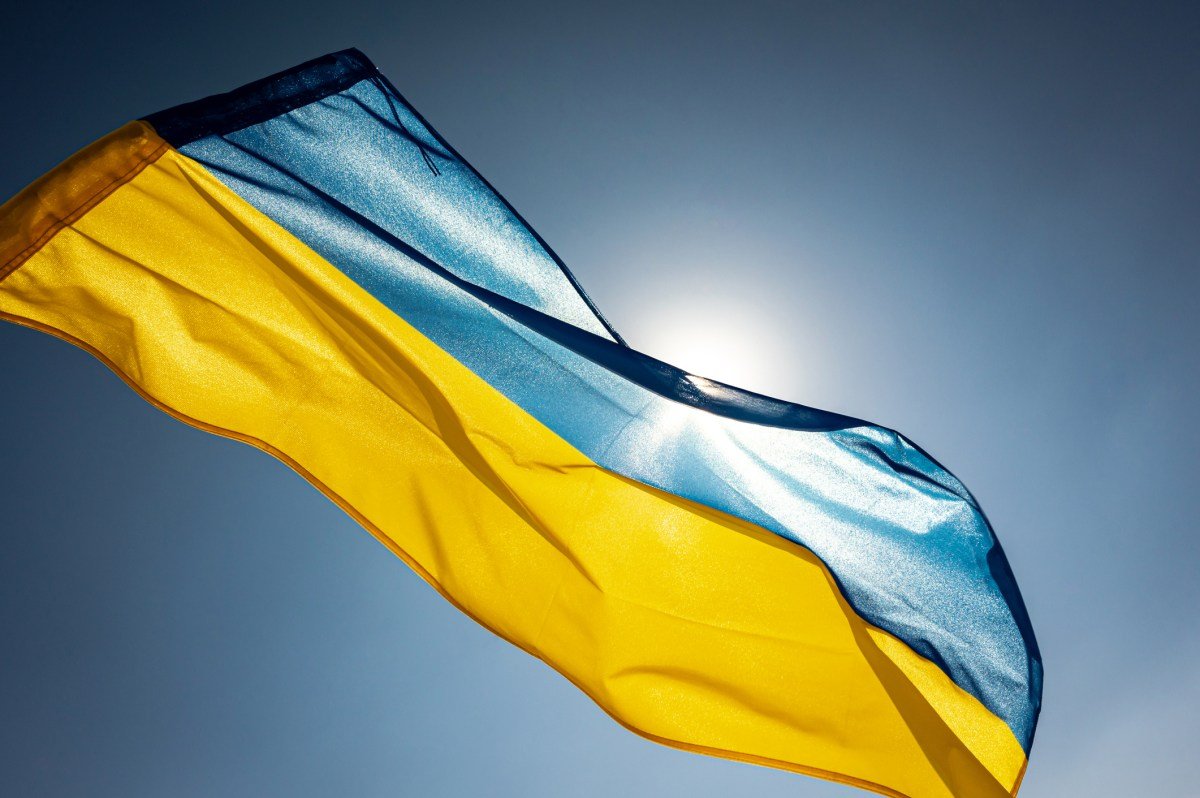This weekend marks exactly two years since Russia’s illegal, unprovoked and brutal invasion of Ukraine. Despite overwhelming odds, the country and its tech startup ecosystem have shown incredible resilience and become a case-study of determination.
According to Kharkiv’s tech “cluster” organization, of the 511 tech companies in the city before February 2022, 500 are still operational despite being under constant Russian bombardment.
In a heartening display of solidarity, tech companies in the West have joined forces with Ukrainian firms, collaborating on various initiatives to support the country’s tech sector.
For example, Google has recently launched its second ‘Google for Startups Ukraine Support Fund’ with a $10 million budget dedicated to supporting Ukrainian startups during 2024 and 2025. Selected startups will receive up to $200,000 in equity-free funding, as well as mentorship, product support, and $300,000 in Google Cloud credits. In total, Google claims to have provided over $45 million in direct aid and $7 million in support of humanitarian efforts since the war began.
Amidst the conflict, Google’s initiative has already benefited 58 startups with $5 million in non-equity grants and $15.8 million in follow-on funding. Some of the tech companies that have received support include Skyworker.ai, Mindly, and Zeely, with Zeely successfully raising a $1 million seed round just last year.
In a similar vein, Estonia’s Startup Wise Guys has launched Growth Ukraine, a program that specifically supports startups in the country. The EU-funded project ‘Seeds of Bravery’ also offers grants ranging from €10,000 to €50,000 to Ukrainian tech startups.
Additionally, a new non-profit organization called UK-Ukraine TechExchange, specializing in defencetech and agritech, launched last week. Its focus is primarily on supporting startups developing technologies such as drones, UAVs, sound-based missile detection, counter-drone technology, and drones for agricultural purposes.
Despite facing immense challenges, Ukraine’s tech sector is not only standing strong but also growing. According to a recent survey by the Lviv IT Cluster, which consulted over 7,000 tech specialists and more than 400 companies, Ukraine’s tech sector has played a crucial role in keeping the country’s economy afloat during the war.
Last year, the tech industry contributed 4.9% (or $7.1 billion) to Ukraine’s GDP, and in Emerging Europe’s IT Competitiveness Index, it climbed from 14th place in 2022 to 12th place in 2021.
The number of Ukrainians employed in the tech sector has also risen by over 7%, with a total of 307,600 people currently working in the industry. Remarkably, 242,000 of them are based in Ukraine, despite the war’s impact on the country’s economy. Additionally, there has been a 20% increase in the number of Ukrainians working in tech abroad, with the current figure at 65,000 compared to 55-57,000 last year.
Poland’s tech economy has become a refuge for many Ukrainian tech workers, with 36% of Ukrainian CEOs planning to open new offices, with the majority choosing Poland as their second base of operation.
Ukraine is also exporting its technology, including the digital government technologies that have helped the country’s development. For example, Estonia’s latest digital tool, mRiik, is based on Ukraine’s Minister of Digital Transformation’s app, Diia, which digitally stores ID cards, passports, and driving licenses and provides access to certain public services.
The Ukrainian Startup Fund, run by the Ministry of Digital Transformation, is the country’s largest angel investor and has supported over 350 startups. Many of these have shifted their focus towards defense and dual-use applications.
In Spring 2023, BRAVE1, Ukraine’s defense tech initiative, was launched to fast-track innovation in the defense and security sectors. It has already funded over 400 projects, with almost 200 undergoing live military testing.
Below is a selection of news from Ukrainian-origin startups and tech companies:
- Prelpy raised $70 million in funding last year, bringing its Series C to a total of $120 million. It now has 650 employees and 40,000 language tutors, with revenue increasing by 10 times since 2021. The company recently opened a new office in New York City and provides free group language lessons to displaced Ukrainians while also charging no commission fees to tutors based in Ukraine.
- MacPaw, a Ukrainian software company, is finalizing the development of an app store for iOS apps aimed at EU-based iPhone users.
- In 2023, Firefly Aerospace secured another tranche of funding, valuing the company at $1.5 billion pre-money. Since February 2023, the company has raised a total of $300 million.
- Carmoola, a British fintech for car financing co-founded by Ukrainians, raised $125 million in funding in February 2023, followed by an additional $16 million in January 2024. It has received investments from VentureFriends, InMotion Ventures, and u.ventures.
- Fintech Farm, founded by Ukrainians, raised $22 million to venture into emerging markets with its digital banking solutions.
- DressX, initiated by two Ukrainians, secured $15 million to expand its AR and digital clothing offerings.
- Vidby, which has AI-based voice translation solutions and an R&D center in Ukraine, has made significant strides in its market.
- NewHomesMate, a marketplace for new construction homes in the US, raised $5.5 million in funding.
- ELVTR, an education startup with Ukrainian founders, still retains 45% of its staff in Ukraine.
- Geek VC, a VC fund worth $23 million, invests in Ukrainian immigrant founders. The fund was launched months before the war began and 25% of its portfolio companies are led by Ukrainian founders.
- Hypra Fund, launched shortly after the invasion of Ukraine, has allocated approximately $20 million to companies with Ukrainian heritage, including a $10 million investment in Trinetix.
- Spend With Ukraine, a non-profit platform curating over 240 Ukrainian-rooted brands, encourages consumers worldwide to stand in solidarity with Ukraine by choosing to #spendwithUkraine.
- Respeecher, an AI tool for voice replication, works with Hollywood movie studios, gathering voices of Crimean Tatar speakers to protect their language from becoming extinct during Russia’s occupation.
- Petcube, a company that develops interactive pet cameras, has launched new products such as Cam 360 and a GPS Tracker for pets.
- Everyrun, a Ukrainian-British social running platform, has established partnerships with marathon organizers in Lithuania and Italy and attracted runners from 32 countries since its launch in the last year.
The determination and resilience of Ukraine’s tech sector are truly astounding, continuing to push through adversity and reach new heights. As the world looks on, it’s clear that Ukraine’s tech industry is one to be reckoned with.








